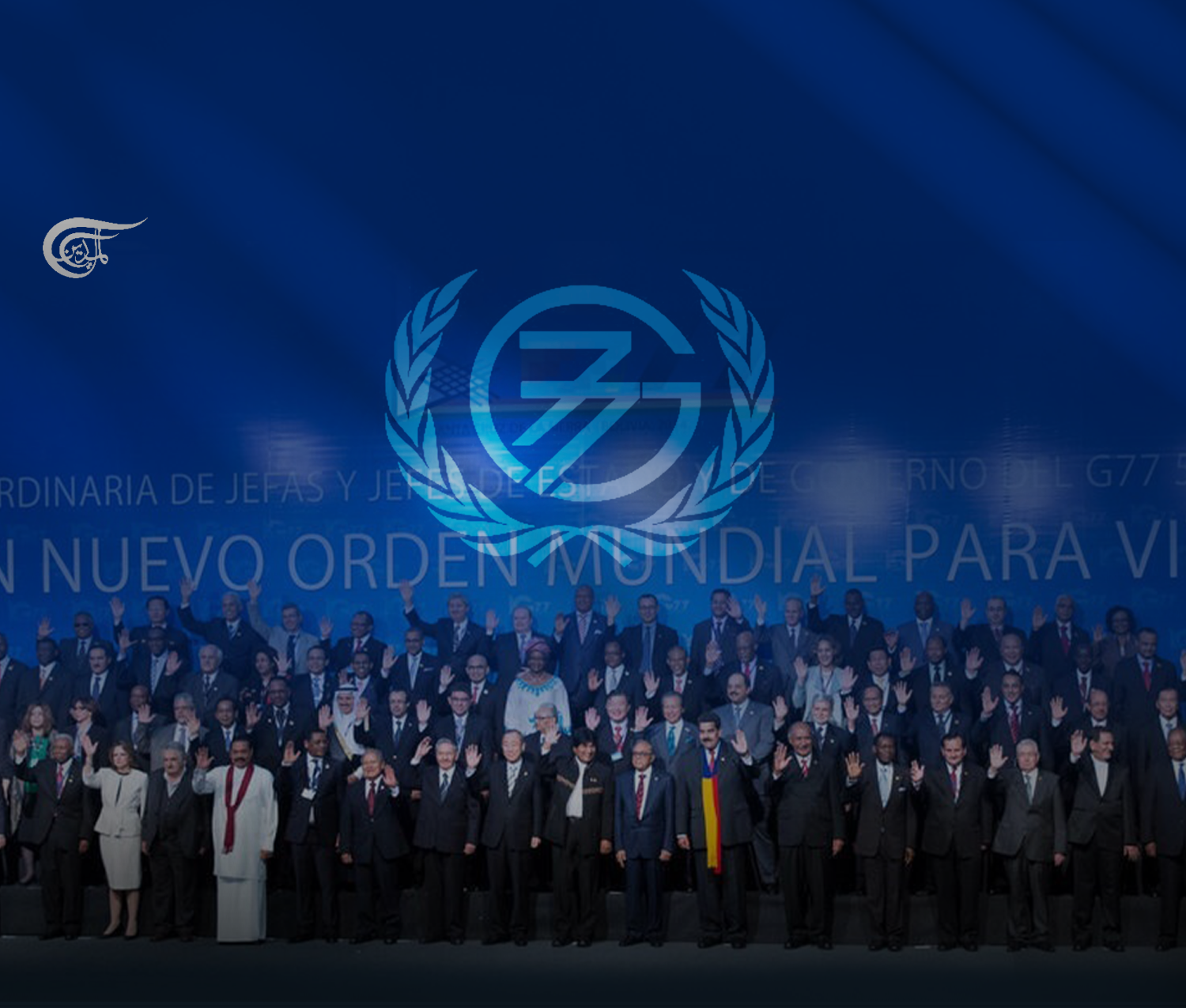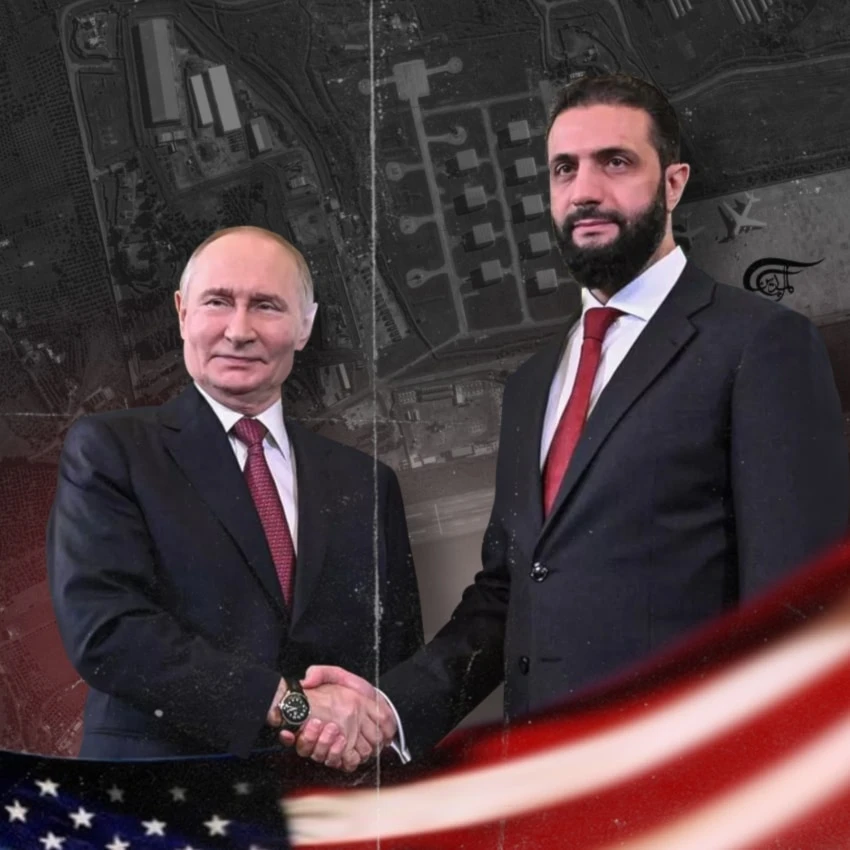Cuba is set to steer the global south away from the US-backed exploitative global order
In a communication posted on X before the summit, Miguel Díaz-Canel Bermúdez, the President of the Republic of Cuba and head of the Group of the G-77 + China, emphasized the significance of the event.
-

The draft declaration has laid bare the whole nine yards of challenges facing the members of G77
The G-77+ China Summit is scheduled to take place in Havana from September 15 to 16, 2023 with the primary objective to discuss the present development challenges and the significant role that science, technology, and innovation play in addressing these challenges.
It is anticipated by the Cuban authorities that all group leaders, who collectively represent 134 nations accounting for almost 80% of the global population and over two-thirds of the United Nations' membership, will partake in the event.
Cuba's assumption of the Pro Tempore Presidency of the Group in January this year marked the first occasion of a Caribbean Island leading this negotiating bloc of developing countries. The G77 + China, which originated in June 1964, has evolved over about six decades to become the most extensive, heterogeneous, and cohesive group within the realm of multilateralism.
Setting the stage
In a communication posted on X before the summit, Miguel Díaz-Canel Bermúdez, the President of the Republic of Cuba and head of the Group of the G-77 + China, emphasized the significance of the event as an opportunity to enhance cohesion and deliberate on collaborative and pragmatic measures to effectively address present-day challenges.
The Cuban leader expressed the need for the establishment of a more equitable relationship and a genuinely democratic and inclusive system that prioritizes international solidarity and cooperation. He highlighted the paradoxical situation where science, technology, and innovation played a crucial role in addressing the COVID-19 pandemic, yet their advantages remained inaccessible to the most vulnerable populations.
Staying on the same wavelength as the topic up for discussion at the Summit, Díaz-Canel opined that "scientific-technical progress, which holds the key to achieving sustainable development, remains out of reach for a significant portion of mankind." He stressed that the fundamental issue stems from an inequitable global economic framework, resulting in the socioeconomic underdevelopment of several nations in Asia, Africa, and Latin America and obstructing their access to advancements in science and technology. The consequences of this phenomenon have had significant impacts on the countries located in the Southern Hemisphere.
The Cuban authorities released a preliminary version of the Havana declaration two weeks before the summit, which had been the subject of ongoing discussions for several months. This draft document will require the approval of the chiefs of delegations participating in the conference. The provided draft text serves as the primary political message intended to be sent by the summit, showcasing its envisioned future and delineating its approach toward establishing a more equitable global system. This system aims to supplant the current flawed rules-based world order, which is supported by the European Union and the United States.
The emergence of a multipolar world demands the existence of global multilateral organizations, such as the United Nations (UN), World Bank, and International Monetary Fund (IMF), to effectively promote the transition towards a more equitable distribution of prosperity among nations. The process of development should not be only accessible to the Global North.
The fact that Havana has hit the nail on the head with the draft resolution is a clear sign of the Cuban leadership's top-notch governance and the unwavering trust placed in the Cuban presidency by the members of Group-77+China. It also shows that the group has put all its eggs in Cuba's basket, trusting their professionalism, honesty, and transparency to steer this forum.
Draft declaration
The draft declaration has laid bare the whole nine yards of challenges facing the members of G77. From geopolitical tensions to unilateral coercive measures, from economic and financial crises to a fragile global economic outlook, from pressure on food and energy to the displacement of people, from monetary tightening to a growing external debt burden, from extreme poverty to inequalities within and between countries, from climate change to the loss of biodiversity, from digital divides to environmental degradation - these are the real deal issues that the G77 members are grappling with.
In the consensus draft there is not a mention of: Russia's Special Military Operation in Ukraine, the technological prowess of the Asian tigers, the political shake-ups unfolding in Africa, the dwindling clout of the dollar in global transactions, and the surge of progressive and socialist ideas in Latin America.
The draft declaration up for review in Havana doesn not beat around the bush when it comes to the Fourth Industrial Revolution. It doesn't explicitly mention it by name, but it does address the widening digital divide. However, what really catches the eye is the emphasis on guaranteeing an ethical, dependable, and fair development, access, and utilization of artificial intelligence.
There is not a snowball's chance in hell of finding a similar approach in the collective documents of the G-7 or the European Union. On the flip side, the big fish in the pond who dive into such endeavors have their ducks in a row.
There's a whole other ball game in this proposal, and it's all about how these 134 nations plan to kick things up a notch. The common points are chock-full of idioms like "joining forces", "standing shoulder to shoulder", "working hand in hand", "reaping the benefits together", "a united front", along with pleas for "lasting prosperity" and "knowledge without borders", "a society where everyone is included". There is not a single notion that tips the scales in favor of one member of the pack, there's no top dog, there's no lone ranger country that is seen as the gold standard or the bee's knees for others to follow suit.
Havana congress
Back in February of this year, the Progressive International,a global alliance of progressive movements, put together the Havana Congress on the New International Economic Order (NIEO), where participants reached a consensus and made a pledge to push forward the NIEO by "locking down science and technology sovereignty" for the Global South.
With the heat turning up in the global power game and a seismic shift in the geopolitical arena, the Havana Declaration sounded the alarm for a fresh start in the non-aligned movement. The Congress was strongly advised to resist the siren song of the new Cold War and instead bring back the notion of remaining neutral, harking back to the principles of independence, unity, and teamwork that were championed at the Bandung Conference in 1955, the Non-Aligned Conference in 1961, and the Tricontinental Conference in 1966.
The Congress demanded a breath of fresh air when it comes to a New International Economic Order (NIEO) that fits like a glove in the contemporary world. This perspective should take a leaf out of the original declaration's book and tackle the burning issues, including digital technology and environmental challenges, which have a huge bearing on the collective direction of the Global South. The goal is to cement this vision by crafting a fresh UN Declaration on the occasion of its golden jubilee.
The Congress acknowledged that achieving economic freedom would not come to them on a plate but rather by taking it by the horns. Just as the original call for a NIEO would be achieved by pooling resources and pulling together like a well-oiled machine. This vision can only come to fruition if the South joins forces and establishes fresh and innovative institutions to exchange vital know-how, address national debts head-on, boost development funding, tackle future pandemics as a united front, and synchronize stances on global climate initiatives.
Cuba’s Role in South-South Cooperation
Cuba has historically been an epicenter of the struggle against exploitative US-backed unilateralism and rules-based international order. In her quest for the rights of the downtrodden, Quba faced untold miseries at the hands of the developed North but its resolve for a just, fairer, and equitable world system did not shatter.
In the heat of the swinging sixties, when the US-orchestrated rebellious troublemakers known as the "alzados" were out to wreak havoc in Cuba, the country had left with a trail of 600 innocent casualties. However, Havana stood tall as a rallying force against political and economic victimization. The Cuban struggle ultimately birthed the inaugural Tricontinental Conference. This momentous gathering, held in January 1966, culminated in shaping the Organization of Solidarity for Asia, Africa, and Latin America (OSPAAAL), solidifying Havana's status as a hub for global solidarity. This moment is seen as the icing on the cake for the Non-Aligned Movement's expansion into the latter region.

 F.M. Shakil
F.M. Shakil
 8 Min Read
8 Min Read











